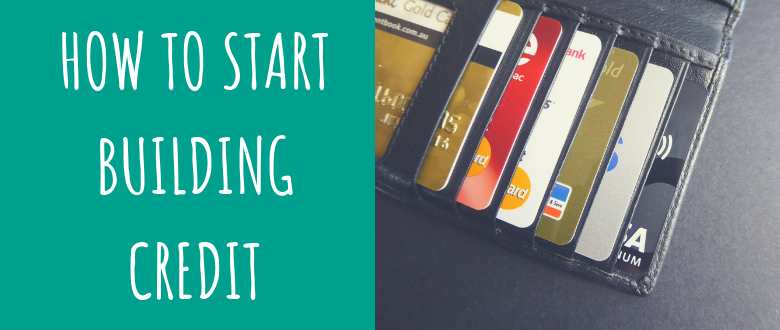One of the many questions we get at the Student Money Management Office is about how to go about building credit. As a college student, this is your time to start building healthy habits–and that includes healthy credit habits, too!
The main way to start building credit is to apply for a secured credit card. Chances are, if you don’t have any credit and you go apply for a credit card, the bank will reject you based on the fact that you are “credit invisible.” Most of the time, though, they can offer you a secured credit card to get you started.
What is a secured credit card?
A secured credit card is like training wheels for credit building. The card is backed by a cash deposit made by you–which is often equal to your credit limit. If your deposit is $300, then your credit limit should be $300. The reason why the bank asks you for a deposit is to reduce risk on their part.
Apart from that, a secured credit card works like any other credit card: you buy something with it, pay the balance (in full if possible) before your next statement, and interest will be accrued if you don’t pay your balance in full. Your cash deposit acts as a safeguard in case you stop making payments.
A secured credit card is actually not meant to be used forever. Its purpose is to get you ready to qualify for an unsecured credit card–ones that don’t require you put in a deposit, and better benefits.
Tips to get your credit building journey started:
- Make your payments on time! Even if you only have money at the time for the minimum payment, still do it. Making late payments hurts your credit, and is a trap that can cost you more than late fees–35% of your credit score is based on your payment history, so if you are perpetually late on your payments, your credit score will reflect that.
- Keep your credit utilization low. A good rule of thumb is to not exceed usage of 30% of your credit card limit. This means that once your credit utilization goes above 30% it can make your credit score go down.
- Don’t open too many accounts at once! This is also true for those of y’all who keep applying for credit cards/accounts and get rejected. Even if you get rejected, your credit takes a temporary hit because this is considered a hard inquiry into your credit.
- Make sure you research where you are going to bank. Your first credit card is pretty much your credit card forever–as closing old accounts can damage your average credit age. When you close an old credit card, it brings your average credit age down–the higher it is, the better! So research your banking institution!
- Monitor your credit report at least once a year. Visit our section on credit reports and scores and learn more about how you can become a champion at monitoring your credit!
As always, take control of your money (and your credit) the smart way!
Tags: credit
Back to Top

